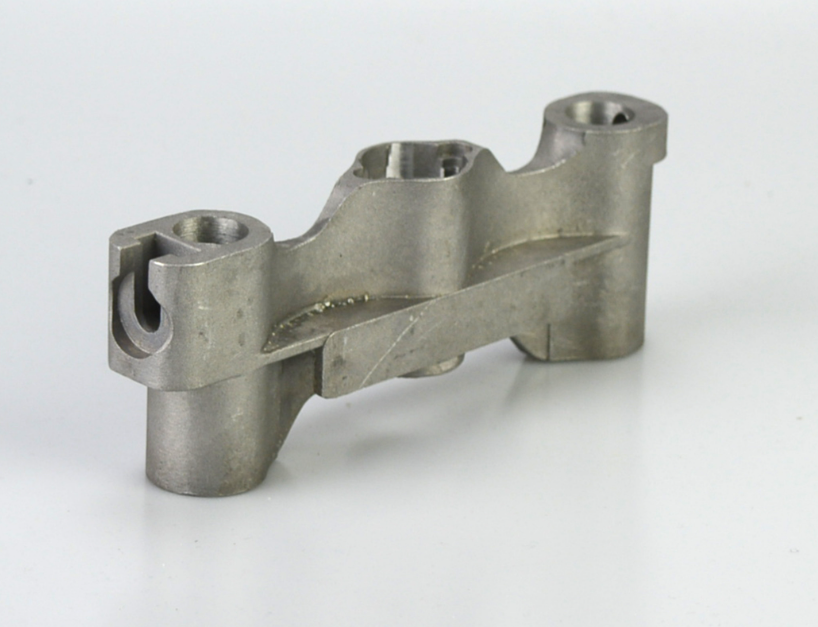Excessive impurities in die castings can lead to several issues such as reduced strength, brittleness, surface defects, and reduced machinability. These impurities can enter the casting process from several sources such as the die itself, the melting process, or even the alloys used. Therefore, controlling the quality of the raw materials, optimizing the melting process, and ensuring proper maintenance of the dies are critical in reducing the impurities and producing high-quality die castings.

Reasons For Excessive Impurities In Die Castings
Excessive impurities in die castings can cause a range of issues that can negatively impact the performance and quality of the finished product. The presence of impurities can weaken the structure of the castings, reduce their mechanical strength and ductility, make them more brittle, and lead to surface defects such as porosity, cracks, and voids. Additionally, impurities can make the castings more difficult to machine, and in some cases, can cause corrosion or other forms of material degradation.
-Incomplete melting of the alloy: The incomplete melting of the alloy results in impurities in the die casting.
-Inadequate furnace or holding pot maintenance: Poor maintenance of the furnace or holding pot can result in impurities in the die casting.
-Use of contaminated scrap: Contaminated scrap can introduce impurities into the die casting.
-Poor die casting machine maintenance: Poor maintenance of the die casting cnc machine can lead to the production of impure castings.
-Poor gating and venting: Improper gating and venting can cause turbulence in the melt, resulting in impurities.
Methods To Reduce Impurities In Die Castings
There are several methods to reduce or eliminate excessive impurities in die castings:
By implementing these methods, it is possible to reduce or eliminate excessive impurities in die castings, resulting in higher quality and more consistent products.
-Proper alloy selection: Choosing the right alloy with lower levels of impurities can help to prevent excessive impurities in die castings.
-Optimizing the melting process: Proper melting practices such as using high-quality materials, proper furnace maintenance, and temperature control can help reduce the amount of impurities introduced during the melting process.
-Die design and maintenance: Proper die design and maintenance can help to prevent impurities from the die itself from contaminating the casting. Regular cleaning and maintenance of the die can help reduce the amount of impurities introduced into the casting.
-Filtering: The use of filters during the casting process can help to remove impurities from the molten metal.
-Heat treatment: Heat treatment can help to remove or reduce impurities that may be present in the casting.
-Proper die casting machine maintenance: Proper maintenance of the die casting machine helps ensure that it is functioning correctly and producing clean castings.
-Proper gating and venting: Proper gating and venting help reduce turbulence in the melt, which can introduce impurities into the die casting.